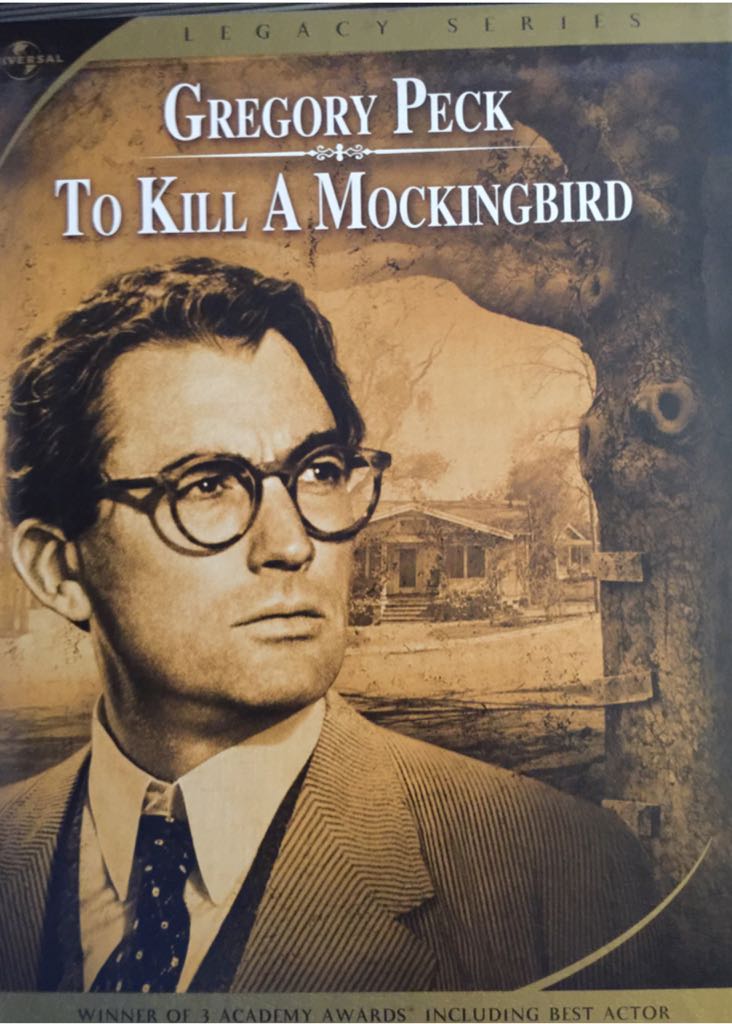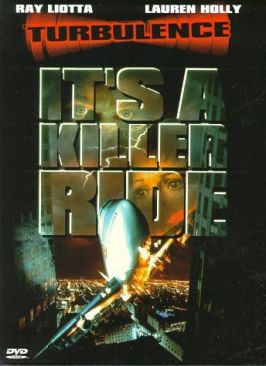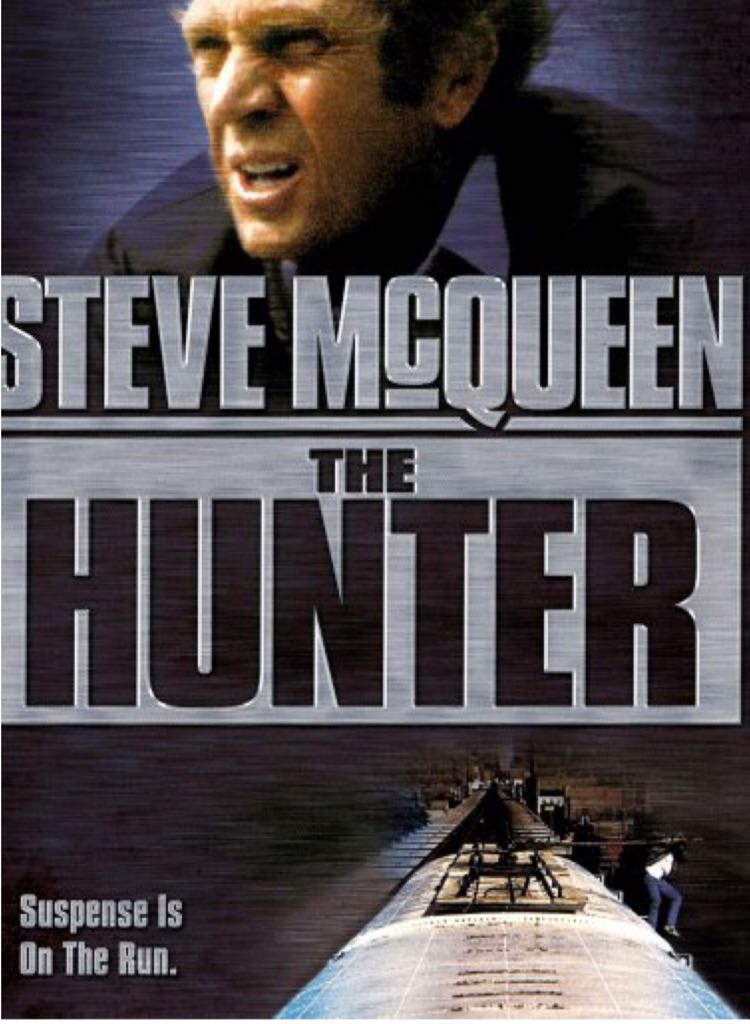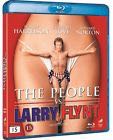
Title:
To Kill a Mockingbird
Synopsis:
Harper Lee’s Pulitzer Prize-winning autobiographical novel was translated to film in 1962 by Horton Foote and the producer/director team of Robert Mulligan and Alan J. Pakula. Set a small Alabama town in the 1930s, the story focuses on scrupulously honest, highly respected lawyer Atticus Finch, magnificently embodied by Gregory Peck. Finch puts his career on the line when he agrees to represent Tom Robinson (Brock Peters), a black man accused of rape. The trial and the events surrounding it are seen through the eyes of Finch’s six-year-old daughter Scout (Mary Badham). While Robinson’s trial gives the film its momentum, there are plenty of anecdotal occurrences before and after the court date: Scout’s ever-strengthening bond with older brother Jem (Philip Alford), her friendship with precocious young Dill Harris (a character based on Lee’s childhood chum Truman Capote and played by John Megna), her father’s no-nonsense reactions to such life-and-death crises as a rampaging mad dog, and especially Scout’s reactions to, and relationship with, Boo Radley (Robert Duvall in his movie debut), the reclusive "village idiot” who turns out to be her salvation when she is attacked by a venomous bigot. To Kill a Mockingbird won Academy Awards for Best Actor (Peck), Best Adapted Screenplay, and Through the eyes of "Scout,” a feisty six-year-old tomboy, TO KILL A MOCKING-BIRD carries us on an odyssey through the fires of prejudice and injustice in 1932 Alabama. Presenting her tale first as a sweetly lulling reminiscence of events from her childhood, the narrator draws us near with stories of daring neighborhood exploits by she, her brother "Jem,” and their friend "Dill.” Peopled with a cast of eccentrics, Maycomb ("a tired and sleepy town”) finds itself the venue of the trial of Tom Robinson, a young black man falsely accused of raping an ignorant white woman. Atticus Finch, Scout and Jem’s widowed father and a deeply principled man, is appointed to defend Tom for whom a guilty verdict from an all-white jury is a foregone conclusion. Juxtaposed against the story of the trial is the children’s hit and run relationship with Boo Radley, a shut-in who the children and Dill’s Aunt Rachel suspect of insanity and who no one has seen in recent history. Cigar-box treasures, found in the knot hole of a tree near the ramshackle Radley house, temper the children’s judgment of Boo. "You never know someone,” Atticus tells Scout, "until you step inside their skin and walk around a little.” But fear keeps them at a distance until one night, in streetlight and shadows, the children confront an evil born of ignorance and blind hatred and must somehow find their way home.(1962) Colin Tinto cst-imdb.com Based on Harper Lee’s Pulitzer Prize winning book of 1961. Atticus Finch is a lawyer in a racially divided Alabama town in the 1930s. He agrees to defend a young black man who is accused of raping a white woman. Many of the townspeople try to get Atticus to pull out of the trial, but he decides to go ahead. How will the trial turn out - and will it change any of the racial tension in the town ? The movie is based on a novel by Harper Lee, who interestingly enough was the assistant to Truman Capote when he did the research for the book "In Cold Blood.” The story is told through the eyes of six-year-old Scout (Mary Badham), a feisty young girl who lives in a small Alabama town with her older brother, Jem (Philip Alford) and their widower father, Atticus Finch (Gregory Peck) set in the mid 1930s. There has been an arrest of a black man, Tom Robinson (Brock Peters), accused of raping a white woman named Mayella Ewell (Collin Wilcox). The town is up in arms and there’s talk of lynching a "nigger who’s obviously guilty”. At the preliminary hearing, someone needs to be appointed to defend Tom, and Atticus is selected. The town gets ready for a quick and speedy trial. As the trial gets nearer, some of the men in town decide to take matters into their own hands by removing Tom from jail and hanging him. Sheriff Tate (Frank Overton) comes to Atticus and tells him of the impending action. Atticus takes a chair, a lamp and a book down to the jail to sit up all night to guard Tom. But the drunken mob comes anyway and they tell Atticus to get out of the way and let them get on with it. Scott, Jem and their neighbour’s nephew Dill (John Mosna) are hiding in the shadows during this interaction between Atticus and the mob. Scout comes out and says "Hey” to Mr. Cunningham, a member of the mob. Scout says, "I said hey, Mr. Cunningham” again, and it’s her presence that defuses the situation. At various times throughout the movie the children discuss the "crazy” man who lives down the block. They think "Boo” Radley (Robert Duvall) comes out at night and gets little kids and animals. But Boo is to play an interesting part in the story later. Another interesting scene is when the Finch housekeeper, Cal (Estelle Evans) sees a dog coming down the street and it’s acting very strangly. She tells someone to go fetch Mr. Finch and the Sheriff. They come and the Sheriff has a rifle. It seems the dog is rabid and someone needs to shoot it before it gets too close. The Sheriff hands the gun to Atticus and says he would prefer if Atticus took the shot. The children don’t understand because they have no idea about this side of their father. The Sheriff says their dad is the best shot in the county. Sure enough, Atticus takes down the dog in one shot.
Format:
DVD
Show More
Movie Release Year:
1962
Rating:
NR
Genre:
Classics
Drama
Show More
Show Type:
Movie
Original Aspect Ratio:
1.85:1
Actors:
Gregory Peck
Show More
Directors:
Robert Mulligan
Show More
Date Added:
2018-02-07 18:30:18




